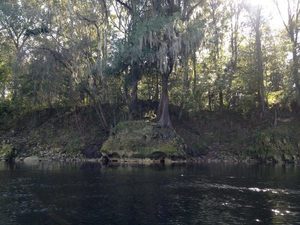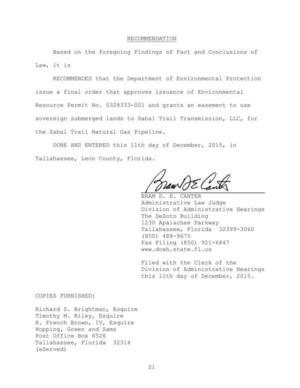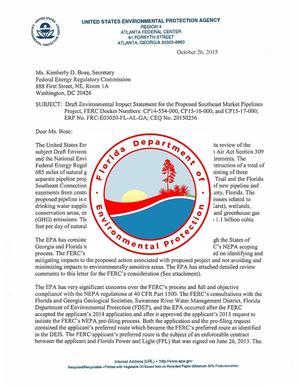Update 2022-12-23: EPA gives Florida 12 months to fix its water quality standards 2022-12-05.
FDEP could have stuck with U.S. EPA’s recomendations for water quality,
but instead did a complicated statistical analysis to excuse raising
the amounts of benzene and other toxins in Florida’s waters.
 Drinking, fishing, swimming: all are affected.
The decision may be made
9AM this Tuesday morning, July 26th 2016,
by the
Environmental Regulation Commission (ERC) in Tallahassee.
Please call or write its members, your newspaper or TV stations, or come to the meeting early for the demonstration and then attend (see below for details).
Drinking, fishing, swimming: all are affected.
The decision may be made
9AM this Tuesday morning, July 26th 2016,
by the
Environmental Regulation Commission (ERC) in Tallahassee.
Please call or write its members, your newspaper or TV stations, or come to the meeting early for the demonstration and then attend (see below for details).
The ERC has cancelled all its other monthly meetings so far this year, yet Continue reading









